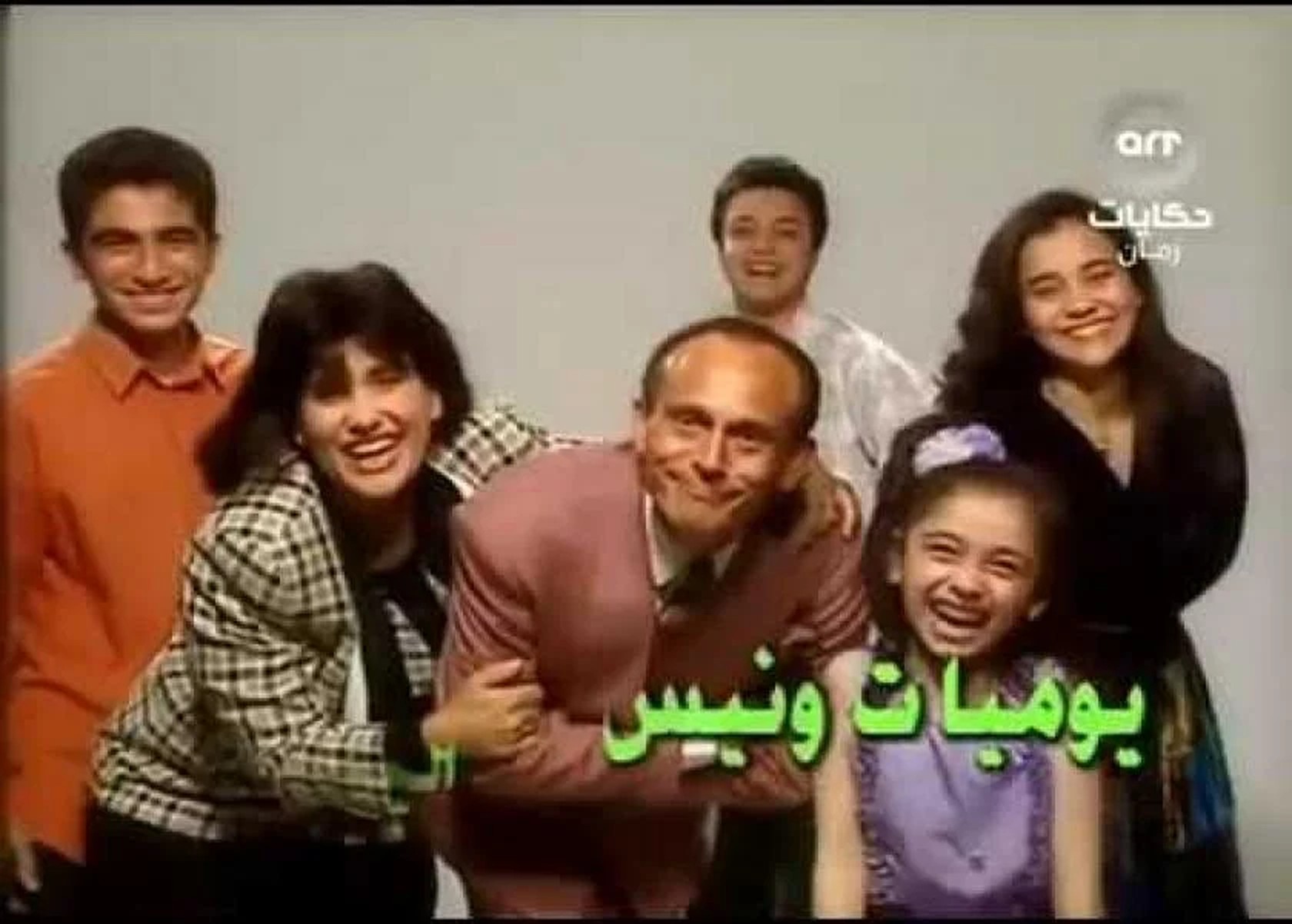If one were to pick the one culture-defining moment from the 90s, it would be difficult to ignore the rise of cable and satellite systems, which ushered in a vast array of television programs. It was not just more shows; it was a shift in how families gathered, the trends they followed, and the celebrities they admired. Currently, the 90s are having a global cultural moment. From fashion to music and even aesthetics, the era of old-school television sets and brick phones is having a major comeback in shaping trends. This nostalgia trip is especially resonant for young adults in their 20s and 30s. As they enter adulthood, they are looking back at their childhood to connect with those simpler times before adulting takes over completely. This trend is also evident on social media, with popular TikTok filters transforming selfies into 90s yearbook photos. Ramadan in Egypt in the 90s was also the prime time for iconic television series. Back then, life seemed to move at a slower pace, and watching these shows wasn’t seen as a fleeting activity that stole time from the day. With multiple seasons stretching…



